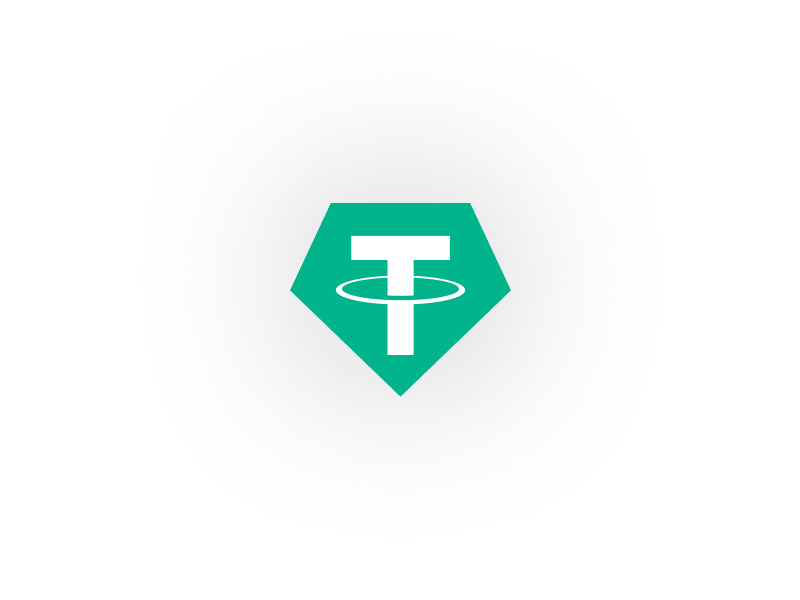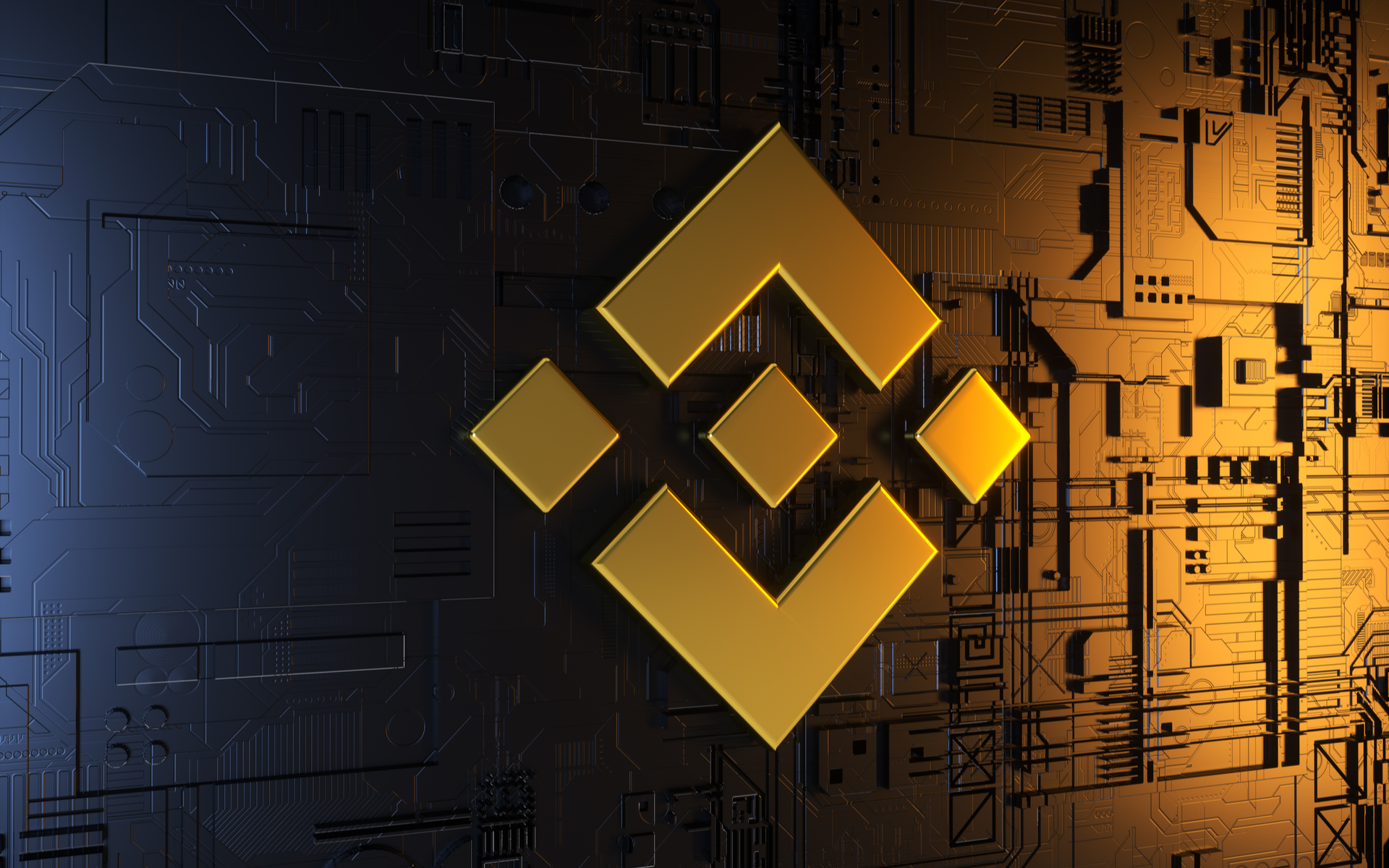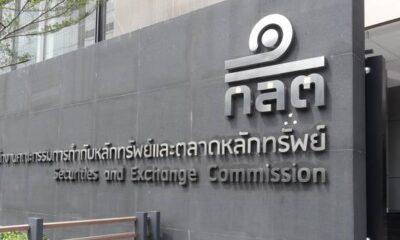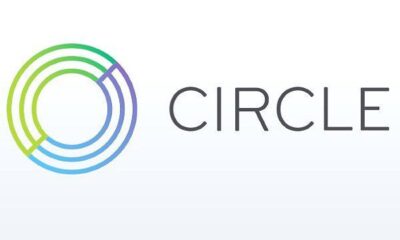News
Coinbase receives Bermuda license
Coinbase has received a license to operate in Bermuda and is reportedly set to launch a derivatives exchange based there as soon as next week.
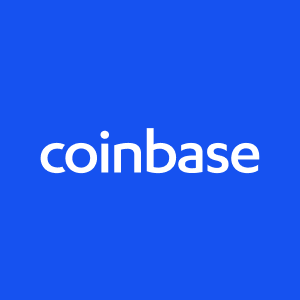
News
Circle’s USDC overtakes Tether’s USDT
Circle’s USD Coin has overtaken the world’s largest stablecoin, Tether’s , in stablecoin transactions in a surprising turn of events. USDC saw 166.6 million transactions in April 2024, overtaking USDT’s 163.6 million monthly transactions, according to on-chain analytics by payments giant Visa.
News
Tether invests $200M in neurotech company
Tether the operator of the eponymous Tether stablecoin, the world’s largest stablecoin by market value — has completed a major investment following restructuring of its business.
News
Filipinos face higher fees after Binance ban
With Binance ousted from the Philippines, traders based in the country now have to deal with higher trading fees and fewer crypto tokens to choose from, according to an executive working in the region.



